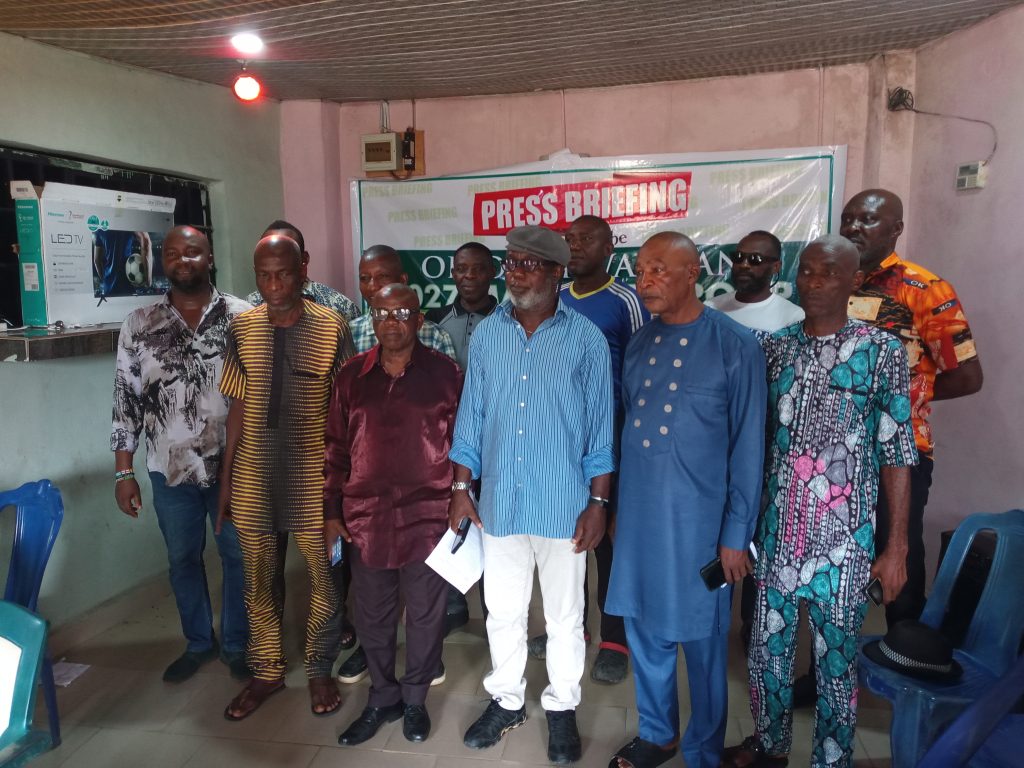Economy
Tinubu’s new appointments stir ethnic bias controversy
DDM News

President Bola Ahmed Tinubu has approved the appointment of four individuals to the Governing Council of the Nigerian Content Development and Monitoring Board (NCDMB).
Diaspora digital media (DDM) revealed that this move has ignited a fresh wave of criticism over what many describe as his one-sided and ethnically biased governance.
Among the newly appointed members are Mr. Olusegun Omosehin and Engr. Wole Ogunsanya.
Mr. Omosehin represents the National Insurance Commission (NAICOM), while Engr. Ogunsanya represents the Petroleum Technology Association of Nigeria (PETAN).
Both appointees hail from the South-West region of Nigeria, President Tinubu’s political stronghold and ethnic background.
Critics argue that this pattern of appointments marginalizes other ethnic groups and geopolitical zones in the country.
The Nigerian Content Development and Monitoring Board (NCDMB) is tasked with promoting indigenous participation in the oil and gas sector.
It was established under the Nigerian Oil and Gas Industry Content Development Act to support local content policies and implementation.
Its Governing Council plays a critical role in shaping national policy on indigenous involvement in oil and gas development.
Observers believe this board should reflect Nigeria’s diversity, particularly the Niger Delta region where oil exploration primarily takes place.
However, Tinubu’s appointment choices appear to follow a trend that places key offices under the control of South-West individuals.
This move has been widely perceived as ethnic favoritism by critics, opposition parties, and civil society groups.
Several past appointments made by the Tinubu administration have also been dominated by individuals from the same geopolitical zone.
Concerns about nepotism and sectionalism have become recurring themes since he assumed office in May 2023.
Despite the federal character principle enshrined in the Nigerian Constitution, the appointments suggest a selective interpretation of national inclusion.
Stakeholders in the Niger Delta, who are directly impacted by NCDMB activities, have expressed disappointment with the recent appointments.
They argue that the region’s voice is gradually being erased from major oil and gas policy-making platforms.
The perceived marginalization is particularly alarming given the history of agitation and unrest in the oil-producing Niger Delta.
Many Nigerians now question the President’s commitment to national unity, equity, and fair representation in governance.
The Presidency insists that all appointments are based solely on merit, experience, and developmental alignment.
However, critics counter that such reasoning only serves to justify a narrowing circle of power and influence.
Analysts suggest that these appointments may deepen regional resentment and political alienation in other parts of the country.
The President’s supporters have defended his choices, citing efficiency, loyalty, and competence as the primary criteria.
Nevertheless, the optics of this decision continue to spark national debates across political, ethnic, and civil platforms.
Ethnic tension, already simmering under the surface, may be further inflamed if the trend is not urgently addressed.
Calls for inclusivity, transparency, and adherence to the federal character principle are growing louder by the day.
Nigerians are watching closely, hoping the President will adjust his approach to reflect the country’s pluralistic reality.
Until then, appointments like these will continue to fuel suspicions of sectional dominance and exclusionary politics.
The controversy surrounding these latest appointments may have long-term implications for national cohesion and political stability.
For Diaspora Digital Media Updates click on Whatsapp, or Telegram. For eyewitness accounts/ reports/ articles, write to: citizenreports@diasporadigitalmedia.com. Follow us on X (Fomerly Twitter) or Facebook











